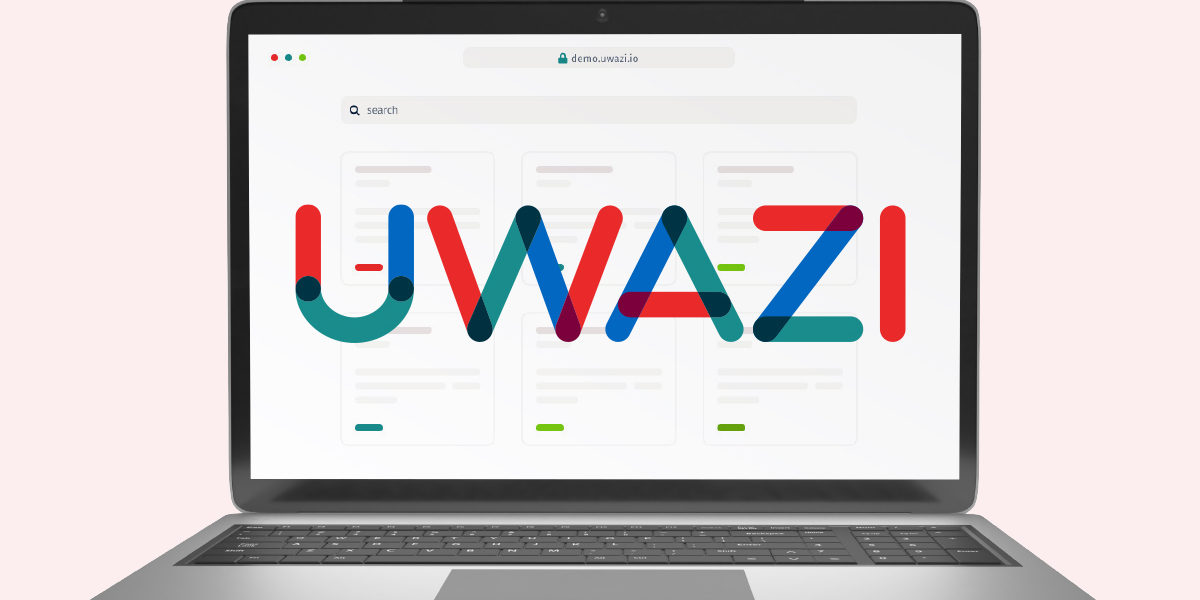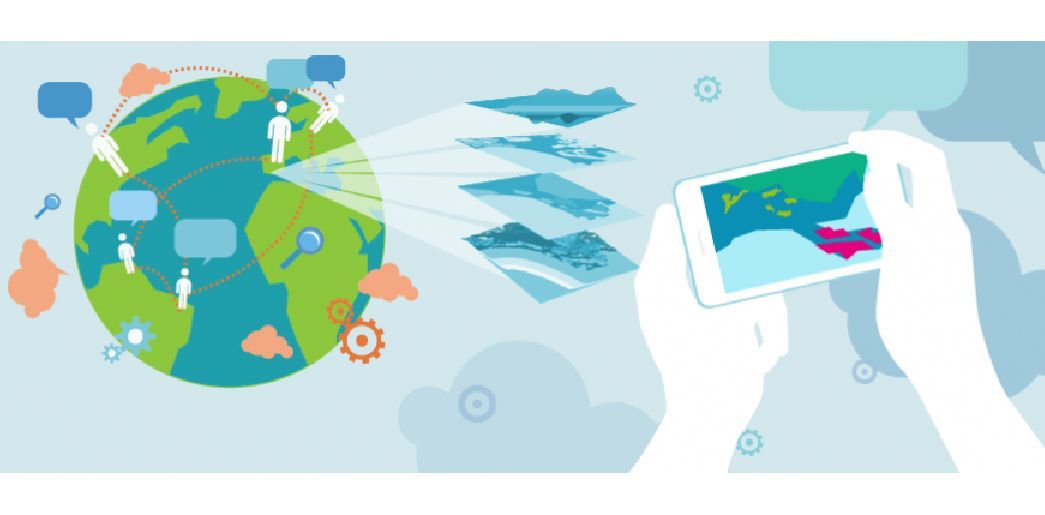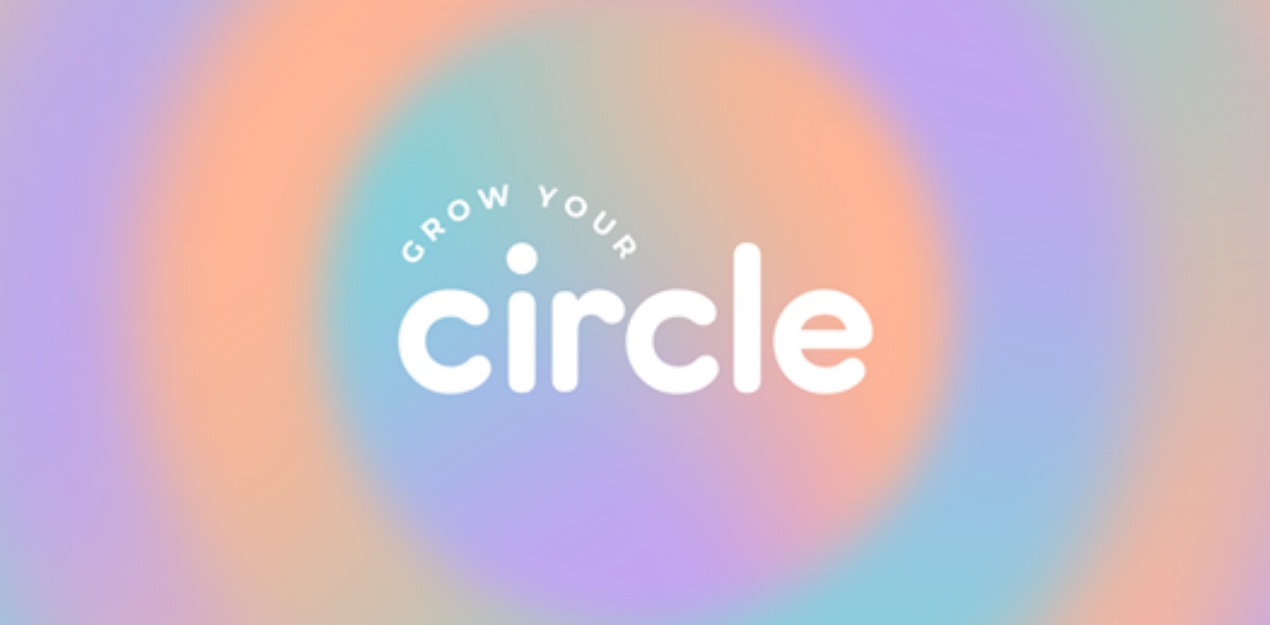AWARD YEAR
2023
CATEGORY
Work
GOALS
Peace, Justice & Strong Institutions
KEYWORDS
activism, Legal tech, Human Rights, documentation, databases
COUNTRY
United Kingdom
DESIGNED BY
HURIDOCS
WEBSITE
https://uwazi.io/
Uwazi
a database application for human rights defenders to capture and organise collection of information
How does it work?
Uwazi allows you to upload pieces of information, PDFs, Word documents, photos, videos and more, one at a time or in bulk. Once added to your collection, you can easily change or delete them, or choose to import more.
You can structure your collection to stay organised and generate reliable conclusions. Categorise information, cross-reference documents and define relationships between records.
Powerful search features allow you to look for information not only across the entire collection, but also within a specific record. Mix and match different filters to narrow down your results.
You can translate both the interface of Uwazi itself as well as all of the records within your collection into one or more languages, including right-to-left languages like Arabic.
Uwazi is open source, and we regularly audit the code for vulnerabilities. You can protect your collection with two-factor authentication and monitor any changes made through an activity log.
Why is it needed?
Human rights groups deal with enormous amounts of data, accumulating years’ or even decades’ worth of facts and materials that support the case for change. However, without safe, efficient and collaborative ways of managing it all, many of the insights contained in these collections will remain closed off to the very people who need them most.
How does it improve life?
We designed Uwazi as a web-based application for capturing and organising a collection of documents beyond simply its metadata (such as title, author etc.). Within the substance of a document lies important information and Uwazi enables you to highlight, tag, organise, and relate items to other documents.
The Uwazi database application is helpful for a wide selection of changemakers, from activists, advocates, lawyers and policymakers who conduct human rights work, to academics, archivists, media organisations and others to make a positive difference in the world.



